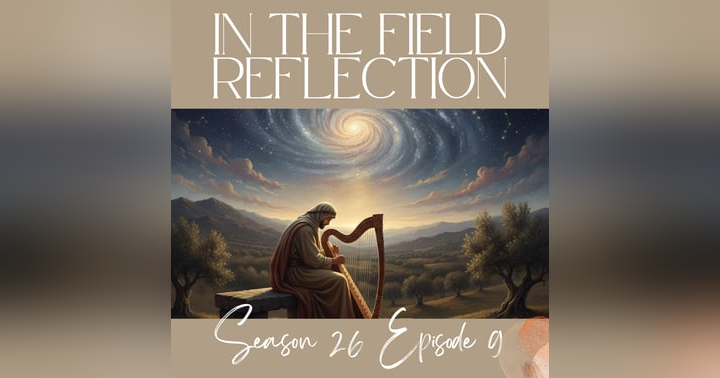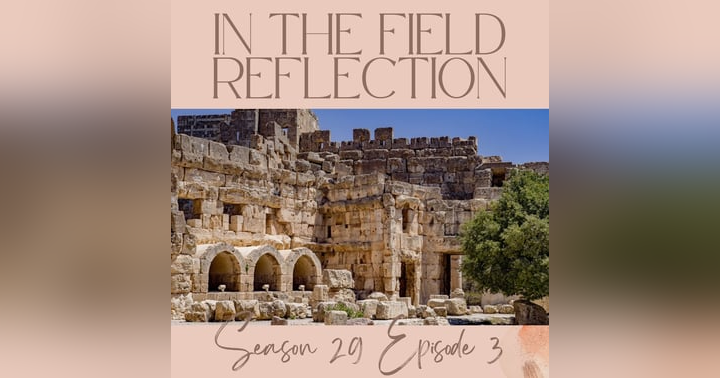The Shattered City: Nahum's Vision of Nineveh's Fall and God's Restoration

The thunderous words of Nahum 2 resound through time with surprising relevance for today's world. This prophetic declaration against Nineveh, the mighty capital of the Assyrian Empire, reveals profound truths about divine justice, human power, and the redemptive nature of God's ultimate plans. Through the vision of Nineveh's fall, we glimpse how God confronts arrogant empires and assures His people that no force stands forever against His justice. As we explore this often-overlooked minor prophet, we discover a message that speaks directly to our modern anxieties and uncertainties.
The historical context of Nahum's prophecy sets the stage for understanding its significance. Nineveh represented the height of human power and cruelty in the ancient world. The Assyrian Empire had brutally conquered nations, including the northern kingdom of Israel, leaving destruction and trauma in its wake. The people of Judah lived under the constant shadow of this northern threat, wondering if they would be next to fall. Into this atmosphere of fear and oppression, Nahum's voice rings out with extraordinary clarity and conviction, proclaiming that even the mightiest human empire cannot stand against God's sovereign judgment.
Nahum's vivid imagery transports us into the final moments of Nineveh's existence. He paints a scene of chaos and inevitability – "The chariots race madly through the streets, they rush to and fro through the squares; their appearance is like torches, they dart like lightning." We can almost hear the clamor, feel the panic, and sense the disintegration of what once seemed impenetrable. The prophet details how the mighty city's defenses will fail, its confidence will collapse, and its treasures will be plundered. What makes this prophecy particularly remarkable is its historical fulfillment. In 612 BCE, Nineveh did indeed fall to a coalition of Babylonians, Medes, and Scythians, bringing the Assyrian Empire to its knees just as Nahum had foretold.
The spiritual implications of this prophecy extend far beyond its historical context. Nahum reveals a God who is sovereign over nations and empires, who sees the oppression of the vulnerable, and who ultimately brings justice. This offers profound comfort to people living under systems of injustice or facing seemingly insurmountable opposition. The message reminds us that human power, no matter how formidable, remains limited and temporary when compared to divine authority. For modern readers facing personal "Ninevehs" – overwhelming circumstances, oppressive relationships, or seemingly undefeatable challenges – Nahum offers the reassurance that God remains in control even when situations appear hopeless.
Yet Nahum's prophecy isn't merely about destruction. Hidden within this proclamation of judgment is a thread of hope and restoration. The prophet declares that "the Lord is restoring the majesty of Jacob as well as the majesty of Israel," indicating that God's ultimate purpose includes renewal for His people. This dual nature of judgment and restoration reflects the consistent character of God throughout scripture – justice that leads to redemption, discipline that clears the way for renewal. Today's readers can find in Nahum a reminder that even the most difficult seasons may be preparing the way for restoration and revival.
The conclusion of Nahum chapter 2 crystallizes the core message: "See, I am against you, says the Lord of hosts." This divine opposition to systems of oppression and violence stands as both warning and comfort. It warns those who build their lives on power, exploitation, or self-sufficiency that such foundations cannot endure. Simultaneously, it comforts those who suffer under injustice with the assurance that God sees, cares, and ultimately acts. As we reflect on Nahum's ancient words, we're invited to examine our own lives – where might we be trusting in our own "impenetrable walls" rather than God's provision? What "Ninevehs" in our world today seem untouchable but remain under God's sovereign judgment? And most importantly, how can we position ourselves to participate in God's restoration rather than facing His opposition?



